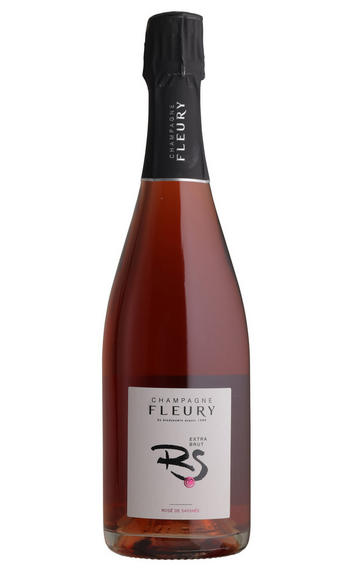
Champagne Fleury, Rosé de Saignée, Extra Brut
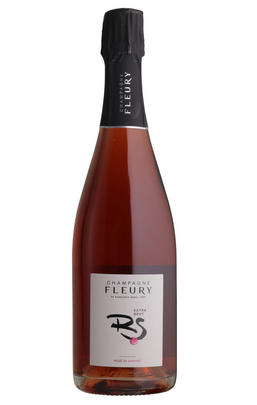
About this WINE
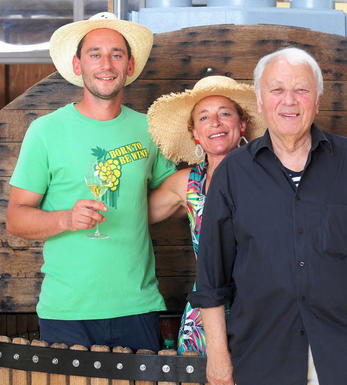
Champagne Fleury
Champagne Fleury has been in the business of winemaking for over 125 years and is respected as one of the region’s first pioneers of biodynamics. Despite its long history, Fleury has remained a family winery. It is located in the far south of Champagne, in the Côtes des Bar, where the terroir has a huge amount in common with the Grand Crus of Chablis.
Fleury has never stopped innovating. In 1989, they committed fully to organic and biodynamic practices, the first in the region to do so. The winery prides itself on personifying the “art of being natural”. In this spirit, Champagne Fleury isn’t afraid to go against the grain in the interest of coaxing the very best out of the terroir.
Perhaps due to this, Fleury cuvées have a distinctive vinous quality and display outstanding precision, thanks to the care taken by the team in growing them. The mature Champagnes are a conversation piece at any gathering, managing to balance an ethereal purity of fruit with an earthy sense of place.
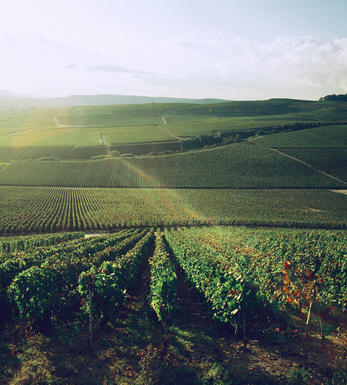
Rosé Champagne
Rosé wines are produced by leaving the juice of red grapes to macerate on their skins for a brief time to extract pigments (natural colourings). However, Rosé Champagne is notable in that it is produced by the addition of a small percentage of red wine – usually Pinot Noir from the village of Bouzy – during blending.
Recommended Producers : Billecart Salmon (Elizabeth Salmon Rose), Ruinart
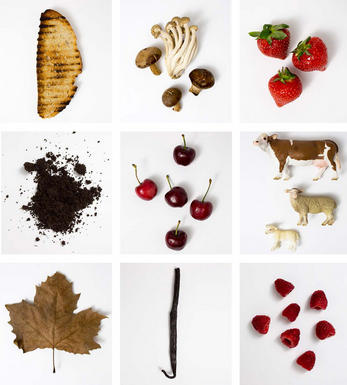
Pinot Noir
Pinot Noir is probably the most frustrating, and at times infuriating, wine grape in the world. However when it is successful, it can produce some of the most sublime wines known to man. This thin-skinned grape which grows in small, tight bunches performs well on well-drained, deepish limestone based subsoils as are found on Burgundy's Côte d'Or.
Pinot Noir is more susceptible than other varieties to over cropping - concentration and varietal character disappear rapidly if yields are excessive and yields as little as 25hl/ha are the norm for some climats of the Côte d`Or.
Because of the thinness of the skins, Pinot Noir wines are lighter in colour, body and tannins. However the best wines have grip, complexity and an intensity of fruit seldom found in wine from other grapes. Young Pinot Noir can smell almost sweet, redolent with freshly crushed raspberries, cherries and redcurrants. When mature, the best wines develop a sensuous, silky mouth feel with the fruit flavours deepening and gamey "sous-bois" nuances emerging.
The best examples are still found in Burgundy, although Pinot Noir`s key role in Champagne should not be forgotten. It is grown throughout the world with notable success in the Carneros and Russian River Valley districts of California, and the Martinborough and Central Otago regions of New Zealand.


Buying options
Add to wishlist
Description
This cuvee is produced entirely from old vine Pinot Noir and sees a brief period of maceration on skins, leading to the striking, glassy ruby colour. The bouquet is filled with bright red berries, rose petals and hibiscus. The palate swells with crushed pomegranate, tart damson, peach, and peach skin. Texturally invigorating – there is a wonderful, doughy character followed by a refreshing finish.
Drink now – 2028
Charlie Leech, Buying Assistant, Berry Bros. & Rudd (February 2024)
wine at a glance
Delivery and quality guarantee